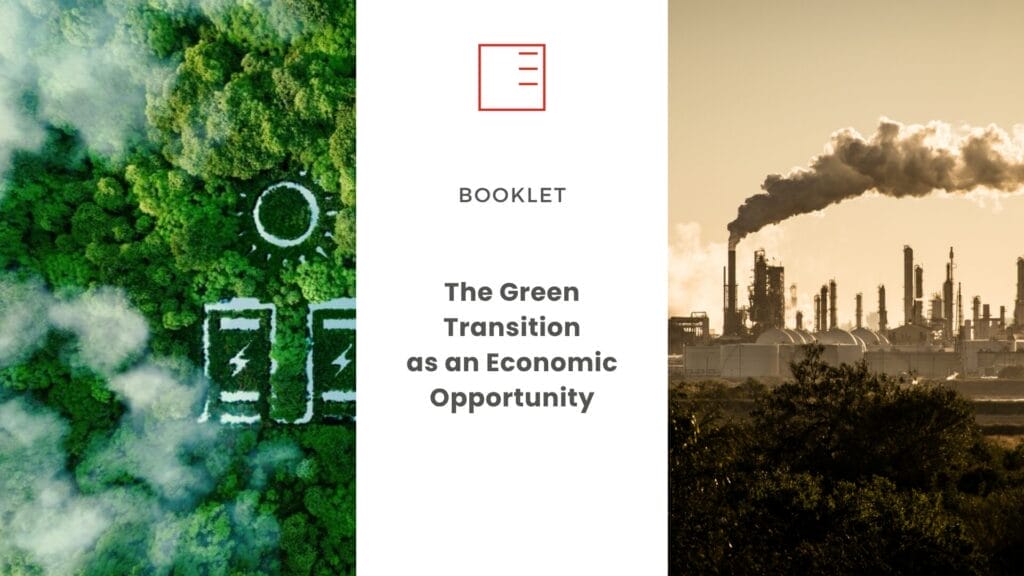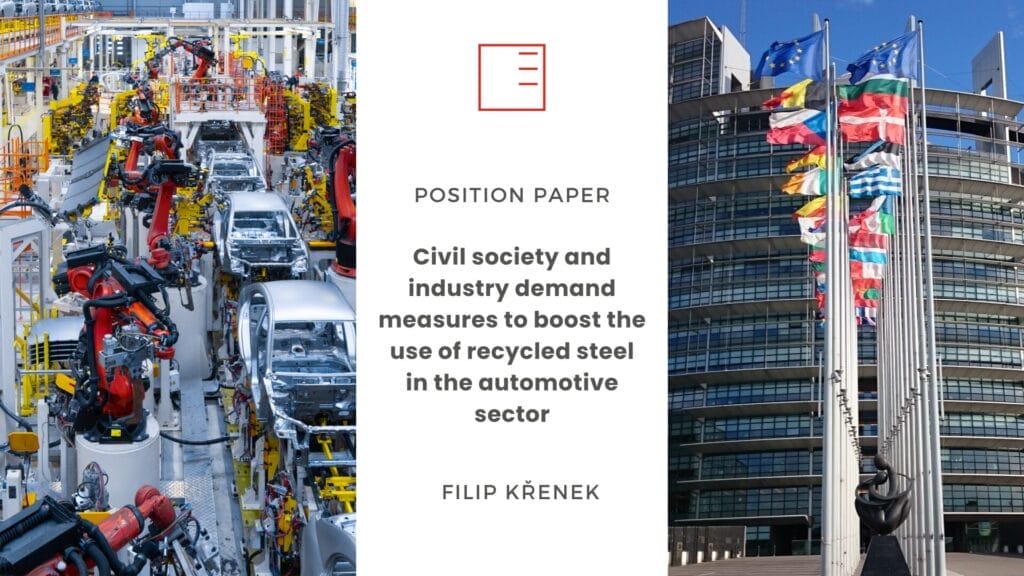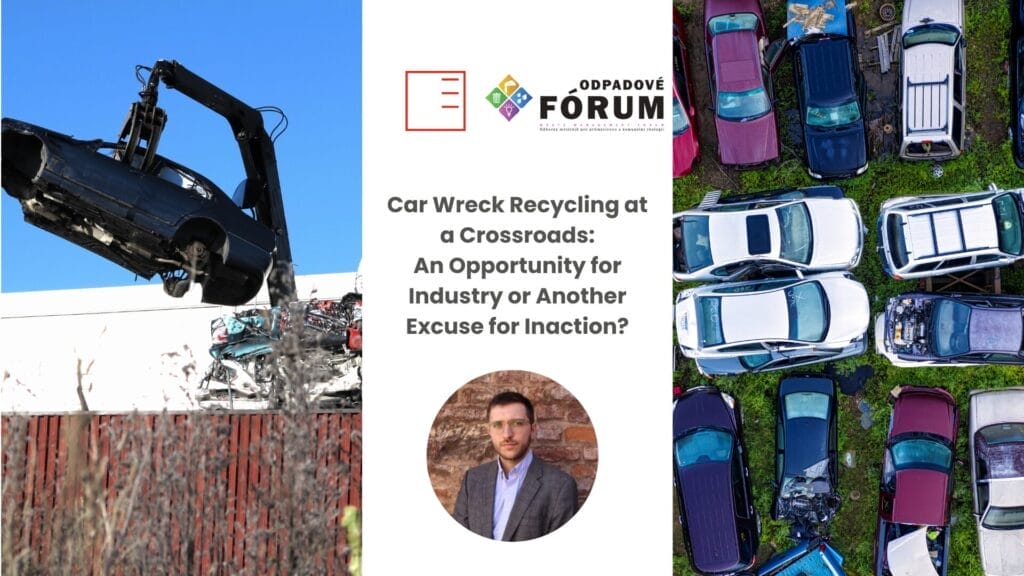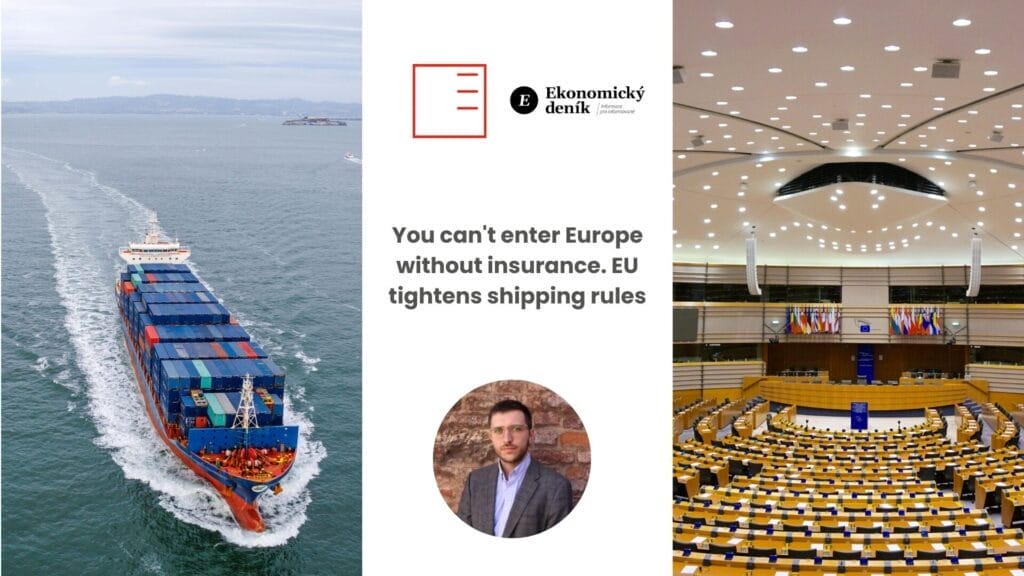
Booklet | The Green Transition as an Economic Opportunity
More info 3. 6. 2025
3. 6. 2025
Climate change is no longer an abstract threat in the future, but a reality that already has tangible impacts on our lives and the economy today. The rising costs of climate change are up to six times higher than the costs of mitigating it. For the Czech Republic, investment in the green transition could yield a return of up to 3.6 times—especially in the public budget and the energy sector. Moreover, the Czech Republic has access to the largest amount of European funding in its history to support this transformation
approximately CZK 1 trillion. This presents a unique opportunity to strengthen the economy, increase its resilience, and modernize it toward greater added value.

Taiwan Insight | V4-Taiwan Industrial Cooperation As A Strategic Response To A Shifting Global Order
More info 28. 5. 2025
28. 5. 2025
The European Union finds itself caught between new dependencies – on US LNG and Chinese clean tech. The Visegrád Four (V4) countries stand out as both highly exposed to these pressures and well-positioned to seize the opportunities from the ongoing green transition. Taiwan is navigating its own energy transformation while striving to maintain a technological edge amid growing geopolitical tensions and shifting supply chains, opening doors for potential V4-Taiwan collaboration. The article for Taiwan Insight was written by Filip Křenek, an analyst at the EUROPEUM Institute for European Policy.

Position Paper | Civil society and industry demand measures to boost the use of recycled steel in the automotive sector
More info 21. 5. 2025
21. 5. 2025
The European automotive industry is undergoing a major transformation. As EU legislation on vehicle circularity is being updated, non-profit organisations, think tanks, and representatives of the recycling sector are calling on the European Parliament and the Council to set more ambitious targets for the use of recycled steel in car manufacturing.
The signatories of the joint statement are urging stronger measures to ensure that recycled steel becomes a standard component in automotive production.

Seznam Zprávy | The voice of the people is the voice of God. 150 Europeans will help decide on 30 trillion crowns
More info 20. 5. 2025
20. 5. 2025
The European Commission invited 150 randomly selected people to Brussels, who advised it over the course of three weekends on what the EU budget for the next seven years should look like. The current budget operates with a sum of €1.2 trillion, or just under 30 trillion Czech crowns. Economic analyst Filip Křenek from the Institute for European Policy EUROPEUM explains this for SZ Byznys.

ČT24 | Suspicion of unlawful subsidies for KHNP
More info 20. 5. 2025
20. 5. 2025
The next steps in the Dukovany case were commented on for Studio ČT24 by Filip Křenek, an analyst at the Institute for European Policy EUROPEUM.

ČT | Cassation complaint regarding the completion of the Dukovany nuclear power plant
More info 19. 5. 2025
19. 5. 2025
The complaint against the postponement of the nuclear tender was commented on for ČT by Filip Křenek, an analyst at the EUROPEUM Institute.

Horizont ČT24 | The demand for precious metals is rising
More info 16. 5. 2025
16. 5. 2025
The EU is not in the habit of pressuring its partners into agreements. The US has presented Ukraine with a difficult question; if Ukraine had not signed the agreement, the US would have considered cutting defence or financial aid to Ukraine. I am glad that Europe has not resorted to such a thing. Filip Křenek, analyst at EUROPEUM Institute, commented for Horizon ČT24.

TN Live | Commission asks for postponement of Dukovany contract, suspects EU market distortions
More info 13. 5. 2025
13. 5. 2025
The European Commission has asked the Czech Republic to postpone the signing of the contract for the construction of the Dukovany nuclear power plant. It is investigating whether the Korean company KHNP has obtained advantages in the tender that could distort the EU's internal market. Filip Křenek, an analyst at the EUROPEUM Institute, commented for TV Nova.

Televizní noviny | Czechs have the most expensive electricity in Europe
More info 6. 5. 2025
6. 5. 2025
In terms of purchasing power parity, the Czechs have the most expensive electricity in Europe and we are not doing the best with gas either. Eurostat data for the second half of last year show this. However, the Czech Republic has slightly improved in the year-on-year comparison. Filip Křenek, analyst at EUROPEUM Institute, commented for Televizní noviny.

Odpadové Fórum | Car Wreck Recycling at a Crossroads: An Opportunity for Industry or Another Excuse for Inaction?
More info 1. 5. 2025
1. 5. 2025
The European automotive industry is facing a major turning point. The new EU regulation on end-of-life vehicles (ELVR) has the potential to set clear rules for circular vehicle design, high-quality car wreck processing, and mandatory targets for the share of recycled materials. The current system, in which most materials end up devalued, is to be replaced by a truly closed recycling loop. ELVR could be a game changer — leveling the playing field, connecting manufacturers with processors, and making recycling a full-fledged part of a modern industrial strategy.
An article by EUROPEUM Institute analyst Filip Krenek, dedicated to the issue of end-of-life vehicle management, was published in the May edition of the professional magazine Odpadové fórum. The text was created in cooperation with the Institute for Circular Economy (INCIEN).

Ekonomický deník | You can't enter Europe without insurance. EU tightens shipping rules
More info 28. 4. 2025
28. 4. 2025
The European Commission is tightening the rules for shipping - all vessels in European waters will now have to be insured and share information. Filip Křenek, an analyst at EUROPEUM Institute, comments on the measures for Ekonomický deník.

iRozhlas | The EU wants to speed up trade agreements. Treaty with Latin America could save the Czech Republic billions
More info 25. 4. 2025
25. 4. 2025
Uncertainty over US tariffs is increasing pressure on the European Union to speed up the conclusion of long-negotiated trade agreements. The closest to completion is the agreement with the South American Mercosur grouping, which could save Czech companies up to CZK 2.2 billion a year, according to estimates. Although the agreement is de facto ready, its approval is blocked by some member states, led by France. Filip Křenek, an analyst at the EUROPEUM Institute, commented for iRozhlas.